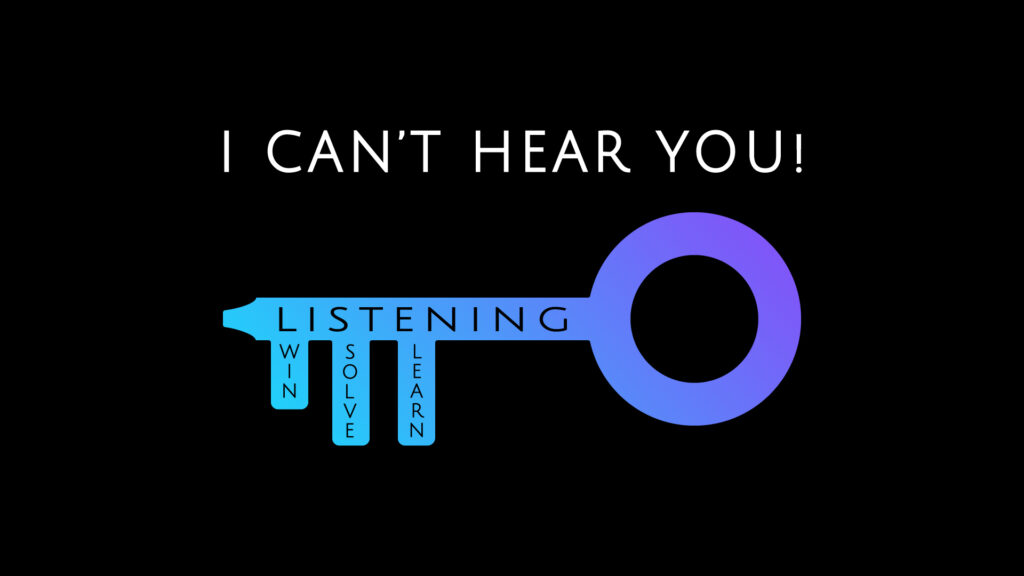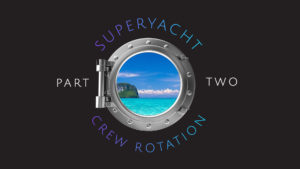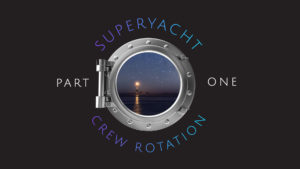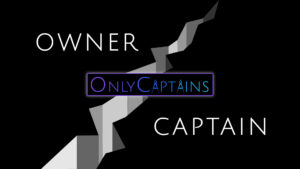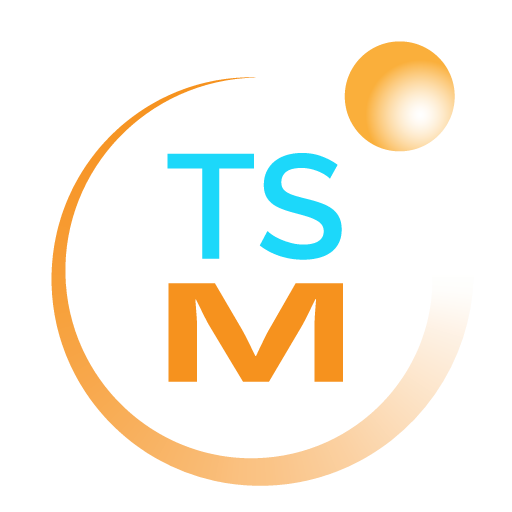Written by Captain Brendan O’Shannasy
I stepped ashore in March to take break from Yacht Captaincy; to get to know my family again after two years of more time afloat than ashore and, a home–time punctuated with boat business. Something I am sure is familiar to so many Captains. Seven-months later it is a different World than that last tender ride ashore in the Pacific.
With 2020 travel restrictions forcing a greater slowing down than planned, I sought to use this time as a period for growth, allowing me to work on aspects of my Captaincy where I felt I could improve. Listening was one.
I had been a Captain for so long that it had damaged my conversation. I was good at quickly absorbing information and finding solutions. This served me well in the fast flow of daily yacht operations but let me down on supporting others and working on solutions to longer term problems. I realised that within the gunwales, it felt easier for me to speak, and others to follow, rather than to take the time to listen to what a crewmember was trying to say or contribute. Even though this limited the solutions available.
To address this, I searched for information on better listening. It is a topic fraught with poor information though within the coal heaps of the internet there were some diamonds. These are summarised in this OnlyCaptains knowledge piece.
“We assume a winning negotiation strategy is about talking, when in fact it is about listening.”
William Ury (founder Harvard Negotiation Project)
Having discovered William Ury’s TED talk it then led me to Sheila Heen. Heen is a senior lecturer on Law at the Harvard Law School and member of the Harvard Negotiation Project, she is renowned for her work on communications and negotiations. Specifically, difficult conversations. A topic that seemed to match about 80% of my Captaincy. I listened to her being interviewed before further researching her work. She is an engaging speaker and, whilst all her points were of interest, there were a couple of phrases that woke my attention:
“[We use] Listening as a strategy of last resort, we really just seek to give our opinion.”
and
“I will pretend I am listening whilst I am trying to figure out what I am going to say.”
Ouch! These seemed personal to me and, for the slightest moment, I thought Professor Heen was speaking directly to me. Her talk identified a couple of my known weaknesses and prompted me to dive deeper.
Following more dead ends I chanced upon Jenifer Garvey Berger who echoed Professor Heen’s words, but then defined and framed them further. Garvey Berger spoke of levels of listening that we all unknowingly move through. The first I recognised, the second I understood, and the third was new to me.
Without trying to duplicate the tone and eloquence of Heen or Garvey Berger, the levels in order of their prevalence were; listening to compete, listening to solve and listening to learn.
Listening to Compete / Win
An example of this can be found when captains and crew are exchanging stories in a social situation; with each competing to beat the other with an even more outlandish and unbelievable tale of life onboard. It’s one–up–man–ship and, mostly there is no harm in it, but there is little value either. Engage in this for the fun but be cautious of ever thinking this is a true or ‘self-defining’ conversation.
The darker side to listening to compete is moving the conversation to your preferred outcome, to win the conversation. Rank being the lever rather than the merits of your solution. Unlike the almost comical competition aspect, listening to Win is very negative when, “[you are] no longer talking with someone, you are talking at them”. I use this phrase as I was correctly accused of this by a former second officer (now excellent Captain). It sat me back with self-awareness and I sought to avoid this toxic conversational style.
Listening to Solve:
Using the blunt feedback and some maturity my ‘winning’ conversations reduced, but they seemed to be overtaken by me seeking to hear just enough to solve the speaker’s problem and move on. I like being recognised as a problem solver and would be in such a rush to provide the solution that I often missed the signals expressed by the other party. With only a superficial grasp of the situation I sought to act. A bit like walking into a garage where the attendant did not listen to what the problem was and replaced the wing mirror when it was the suspension that was broken.
Identifying and reducing Compete/Win approach was not too hard. Avoiding the Solve approach was much harder, many times the crew member has come to the Captain seeking a fix and you feel it is your role to deliver this, and in simple cases this is often correct, but our haste to resolve sometimes we can make things worse.
When a conversation was more strategic and there was not a binary solution, I tried to see past the problem itself and, by actively listening, probe for the root cause of the situation. If I could unlock this, I was then able to help them find a solution themselves. What I learnt was that it was often not a lack of knowledge that prevented the crew member from finding a solution themselves, but a lack of confidence in themselves or, more often, a lack of confidence that I would support their solution if it was not 100% aligned with my own.
Listening to Learn:
This conversation nirvana remains a work in progress for me. It is tiring and takes some re-wiring of learned and (mostly) successful behaviours. When a crew member seeks a conversation where there is no linear problem solution path, is when Listening to Learn is so valuable.
As an antithesis to ‘Listening to Win’ where you gather information to be used to your benefit, ‘Listening to Learn’ is a deeper conversation where you must slow down and use the information to understand the other person’s perspective. This requires active listening, including taking cues from their tone of voice, eye contact, body language, etc. The hardest thing with this is to supress my own Win/Solve habit before they have chance to fully express themselves. In the times I have been able to listen more than talk, and draw more from the other person, I immediately see I have far more information and better appreciation of a situation. It was clear, that in certain situations, this shift in approach provided much better outcomes.
Tools:
Before the research gave a framework I had already implemented tools to help me. I knew I had a problem but did not know the structure for the solution, luckily the tools remain valid. They are simple and worth sharing:
- In my notebook, which was always with me during conversations, I would write, ‘listen, reflect, repeat before response’ on the top left of the page – I wrote it a lot before I started to learn the behaviour and did not need to reinforce through writing.
- The next was a series of questions that I still have on a page in front of my notebook that I can flip to without disruption to the conversation, they can be inserted to most topics and deliver great outcomes. These are a few examples; I am sure you can get the drift:
- “what was that like?”
- “how did that feel?”
- “can you expand to help me understand a little better?”
- “what other items are left to discuss?”
- “what are the next steps?”
- My last tool was taught to me by a talented Executive Assistant to a Yacht Owner. As we finished each conversation he would, by default, conclude with “is there any more I can do for you?” and “Are there any barriers left that I could help with?” It was so pronounced that I asked him about it. He said it was the way his former boss (a US member of Congress) finished every conversation. He found it so successful that he embraced it as well. I may not be quite so robotic with my own adoption, but I do think it is empowering.
So listening is a key component of better conversations and communication – knowing when to speak and, when and how to listen, is the challenge. I have found in my own journey that I as I strive to change, I am working against learned behaviours and regularly need to turn to my notes, references and mentors in order to improve. Maybe your conversational performance is way ahead of my own but, maybe there is room for little more improvement?
Being a yacht Captain is an amazing experience and a never-ending journey. OnlyCaptains seeks to join the Yacht Captain Community together to learn from collective experiences. Our articles are not meant to lecture or presume to have all the answers; their purpose is to help ignite debate, and to share knowledge, ideas and experience that others may find of value on their own journey through Captaincy.

